This year marks the 60th anniversary of Freedom Summer, a voting rights campaign with lessons for today. Freedom Summer was organized by activists in the South to draw national attention to the white supremacist terror that denied African Americans their basic rights to education, fair labor, voting, land, assembly, healthcare, and more. As explained on the SNCC Digital Gateway website, Freedom Summer was:
Ten weeks that comprised the “long hot summer,” centered around several goals: to establish Freedom Schools and community centers throughout the state, to increase Black voter registration, and to ultimately challenge the all-white delegation that would represent the state at the Democratic National Convention in August.
Below are resources to bring this history to the classroom.
SNCC & Grassroots Organizing Interpretive Booklet
 Take a minute to skim this beautiful free booklet that is full of stories and primary documents about SNCC and Freedom Summer.
Take a minute to skim this beautiful free booklet that is full of stories and primary documents about SNCC and Freedom Summer.
The booklet is a companion guide for the SNCC Legacy Project series of free in-person and virtual events focused on the six themes at the heart of SNCC’s history of grassroots organizing: the organizing tradition, voting rights, Black Power, women and gender, freedom teaching, and art and culture in movement building.
Teaching SNCC
by Adam Sanchez, Rethinking Schools Editor
Mississippi teacher Cristina Tosto used this three-lesson unit with her high school U.S. history class.
We did the Teaching SNCC lesson, where students have a Student Nonviolent Coordinating Committee meeting to discuss plans and make decisions based on real historical events. I wish people could see how the kids were strategizing.
It was encouraging to me as a teacher to see my students understand the grassroots organizing of the Civil Rights Movement. They are not only learning history, they are learning skills that can be applied to real-life scenarios.
Freedom Schools
by Deborah Menkart and Jenice View
 The Freedom Schools of the 1960s were part of a long line of efforts to liberate people using popular education, including secret schools in the 18th and 19th centuries for enslaved Africans; labor schools during the early 20th century; and the Citizenship Schools formed by Septima Clark and others in the 1950s.
The Freedom Schools of the 1960s were part of a long line of efforts to liberate people using popular education, including secret schools in the 18th and 19th centuries for enslaved Africans; labor schools during the early 20th century; and the Citizenship Schools formed by Septima Clark and others in the 1950s.
This lesson uses primary documents in a jigsaw format to introduce students to the history and philosophy of Freedom Schools.
Read more about Freedom Schools in Mississippi Freedom Schools: A Project from the Past Suggests a Lesson for the Future by David Levine in Rethinking Schools.
Freedom on My Mind
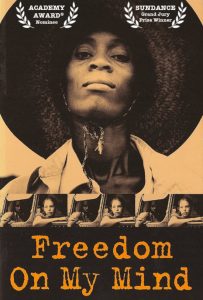 Freedom on My Mind is a mesmerizing film, distinguished by its willingness to delve into complicated issues. It puts the Civil Rights Movement into the context of Mississippians’ daily lives.
Freedom on My Mind is a mesmerizing film, distinguished by its willingness to delve into complicated issues. It puts the Civil Rights Movement into the context of Mississippians’ daily lives.
Winner of both the American Historical Association and the Organization of American Historians awards for best documentary.
Directed by Connie Field and Marilyn Mulford, the film is streaming online.
Also see the documentary Freedom Summer by Stanley Nelson.
Freedom Summer 60 Conference
The SNCC Legacy Project and the NAACP hosted a two-day virtual conference on Freedom Summer, with the theme: “Protecting the gains that we’ve made.”
The organizers note: “We want them to know that ours was more than theory and faith. It was more than uplifting rhetoric and freedom songs: It was pragmatic and tedious, dangerous and deadly, not only for us but more importantly for the locals who believed in us with their lives.”



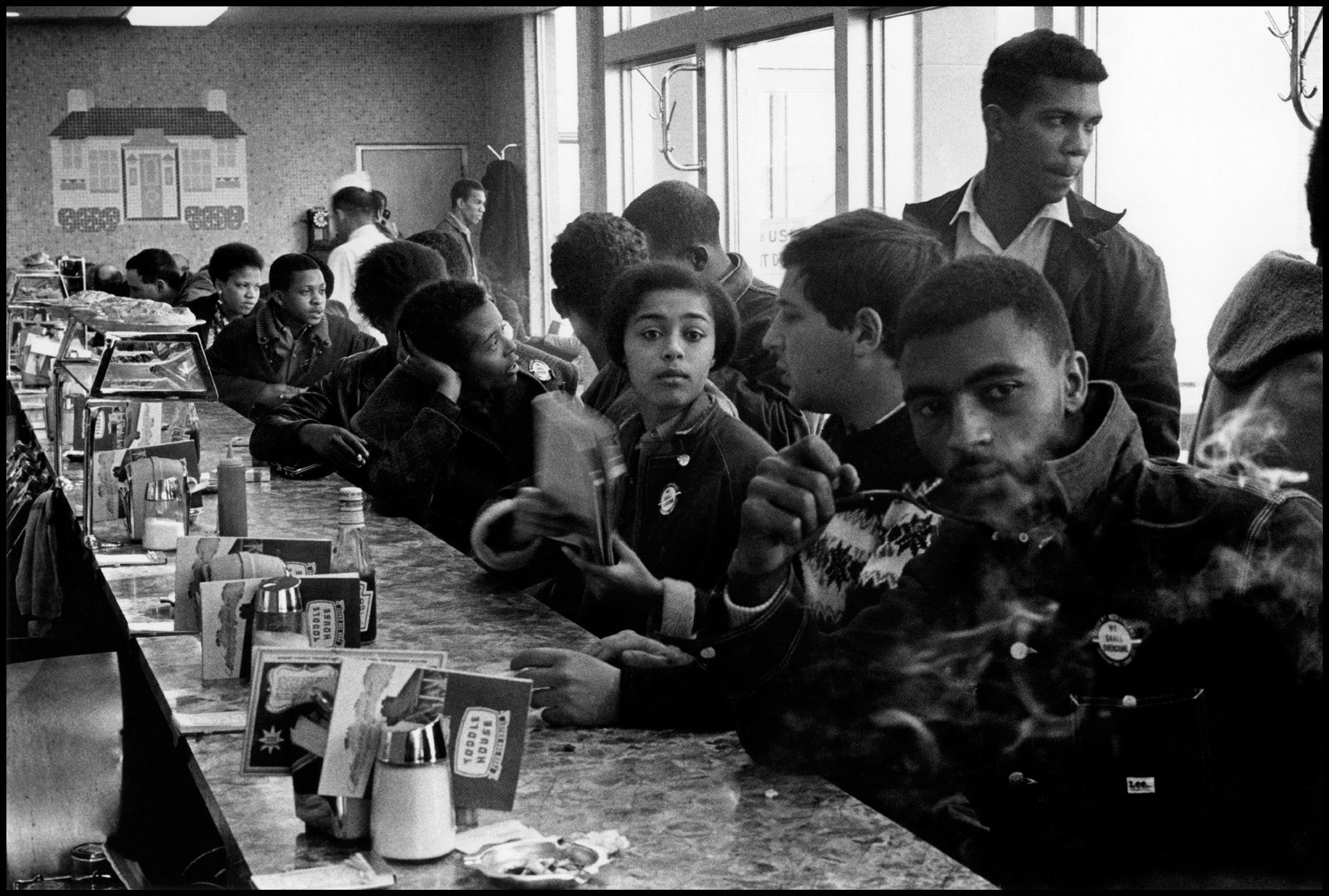
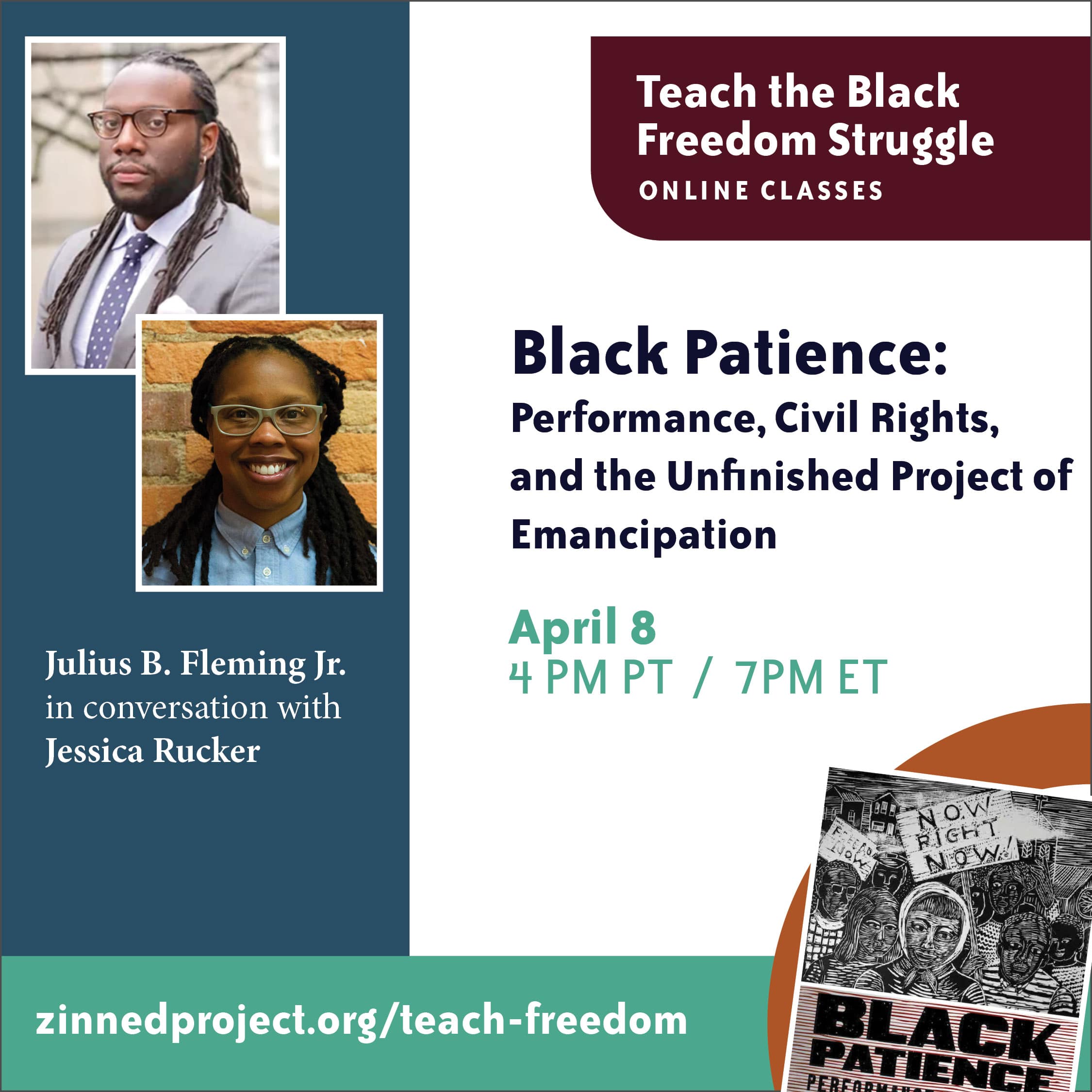
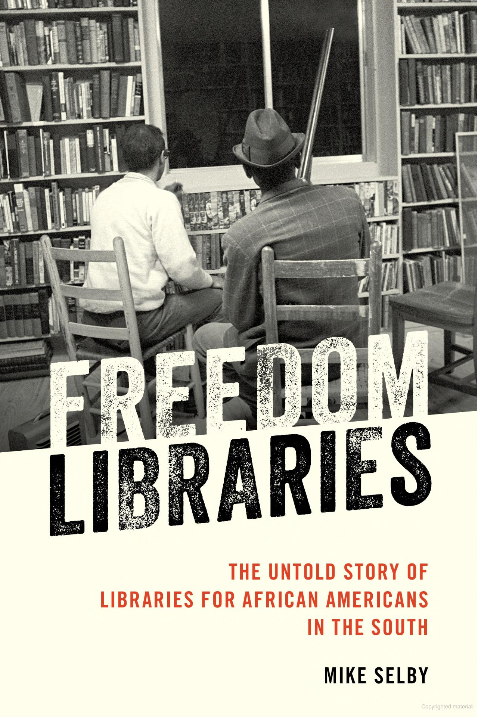
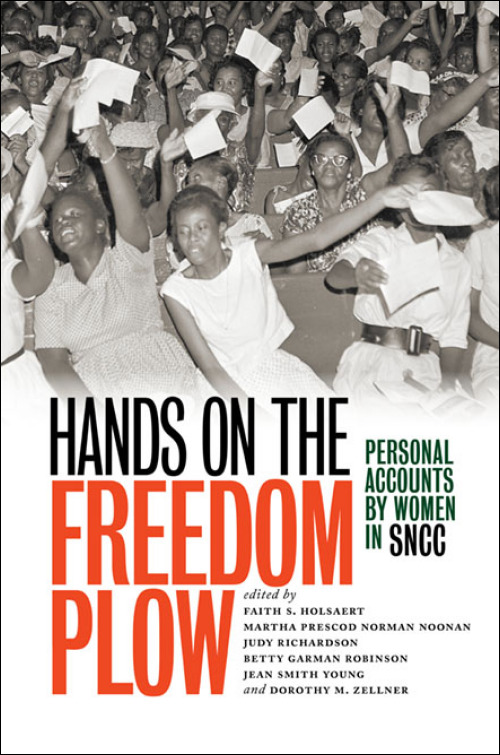
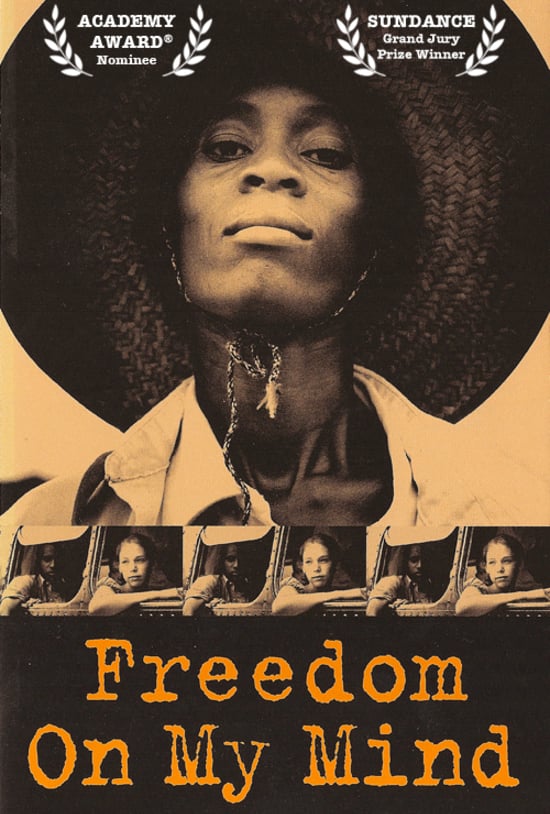
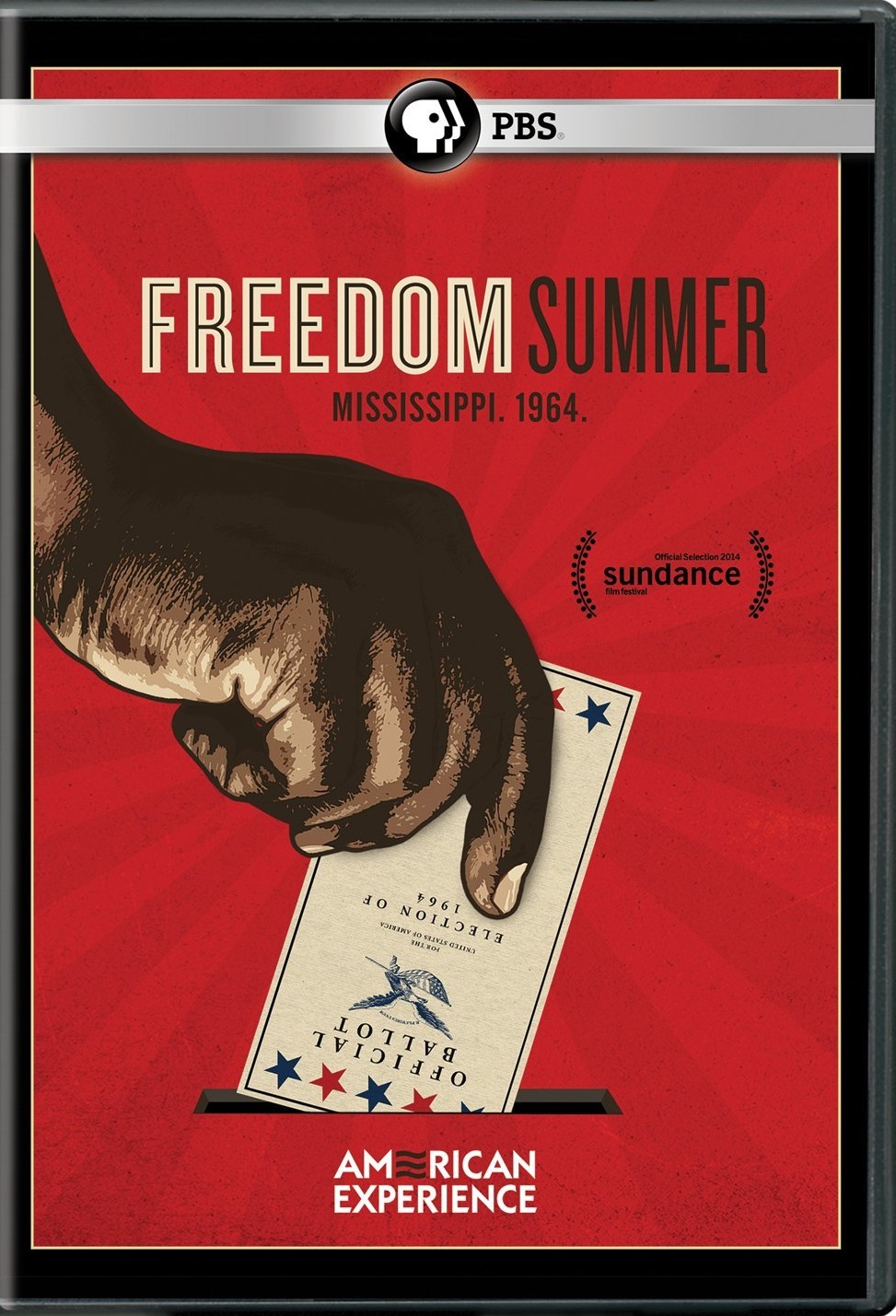
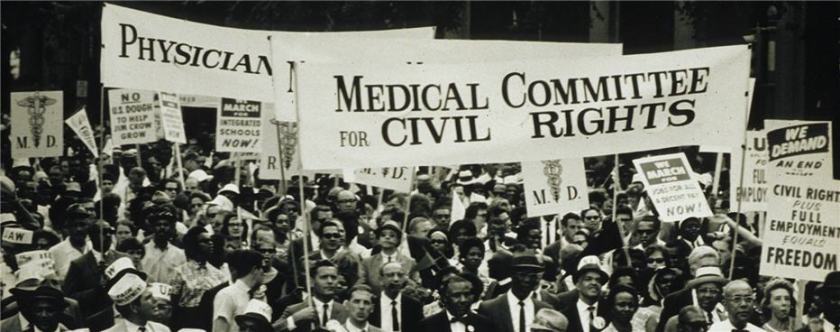
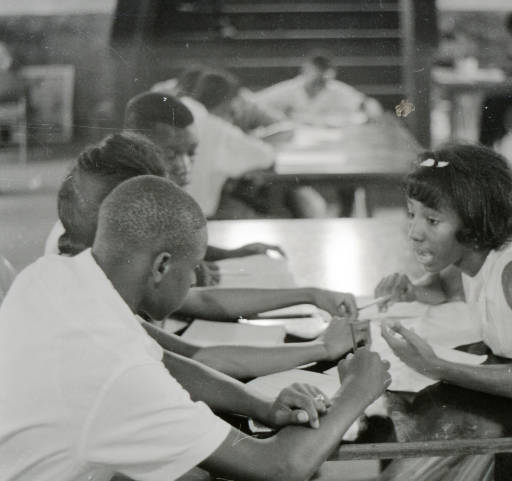





Twitter
Google plus
LinkedIn